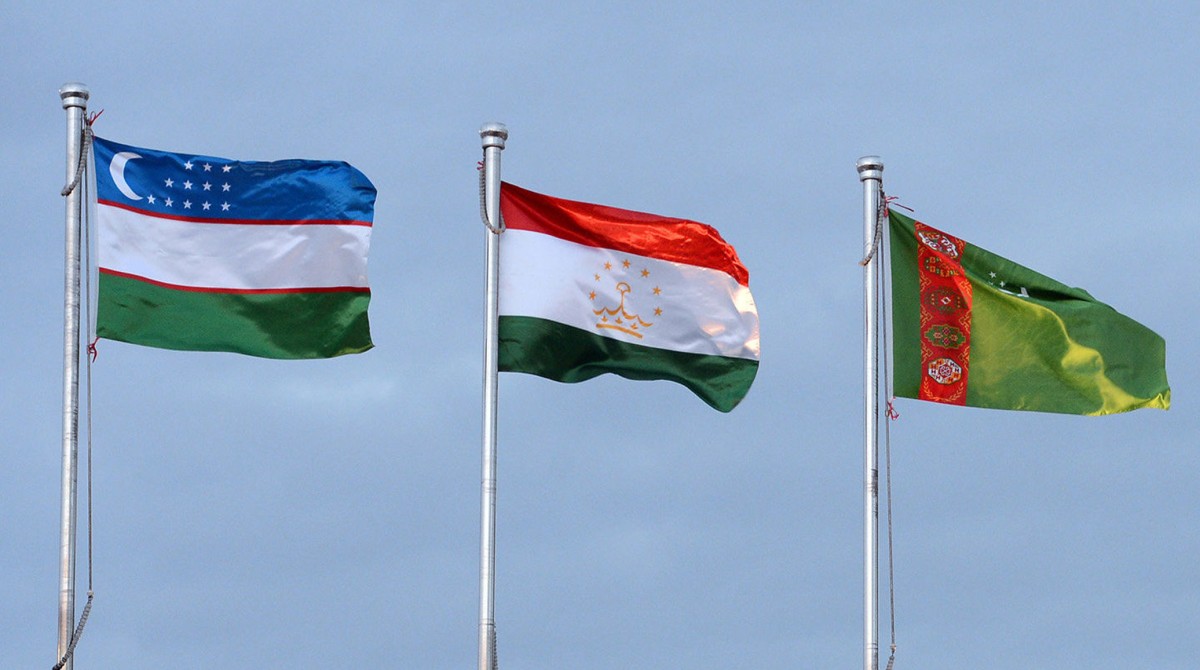581st birthday of Alisher Navoi

February 9, 2022 is the 581st anniversary of the birth of the great poet and thinker, famous statesman and public figure Alisher Navoi.
The original name of our ancestor, who created manuscripts under the pseudonym Navoi, was Nizamiddin Mir Alisher. He was born on February 9, 1441 in Herat during the reign of Shahrukh Mirza, son of Amir Temur. His father, Giyosiddin Muhammad (also known as Giyosiddin Kichkina), was an official of the Timurid court and a trustee of the family.
Navoi, who was distinguished from his peers by his sharp mind since childhood, took an early step into the world of poetry. He wrote in Chigatay (Old Uzbek) and Persian languages.
Throughout his life, Navoi traveled to various countries of the Muslim East, meeting with celebrities of his time in order to elaborate his poetic skills. From 1464 to 1465, fans of Navoi's work prepared his first collection of poems (devons).
In 1469, Timurid Hussein Bayqara conquered Herat and became the ruler of Khorasan. From then on, a new phase of Navoi's life began. He is actively involved in the political life of the country. In the same year, the ruler of Khorasan appointed Navoi as the state sealer, and in 1472, he became a minister. Through his career, he has left an indelible mark on the country's cultural and scientific prosperity.
He contributed the construction of several madrasas, 40 rabots (stations for passengers), 17 mosques, 10 Sufi dwellings (khanaqah), 9 baths, 9 bridges in 1480 in the city of Herat and other regions at his own expense.
Navoi lived and worked during the last years of the Timurid rule (1370-1506). Therefore, in his works, the spirit of the church, the important problems of the time prevail. From 1490 to 1501, Navoi composed the most elegant, socio-philosophical and scientific works.
From 1483 to 1485, Navoi wrote Hamsa, which included five epics: Hayrat ul-Abror (The Surprise of Good People), Farhod and Shirin, Layli and Majnun, Sabai Sayyar ("Seven Planets"), as well as "Saddi Iskandari" ("Alexander's Wall").






